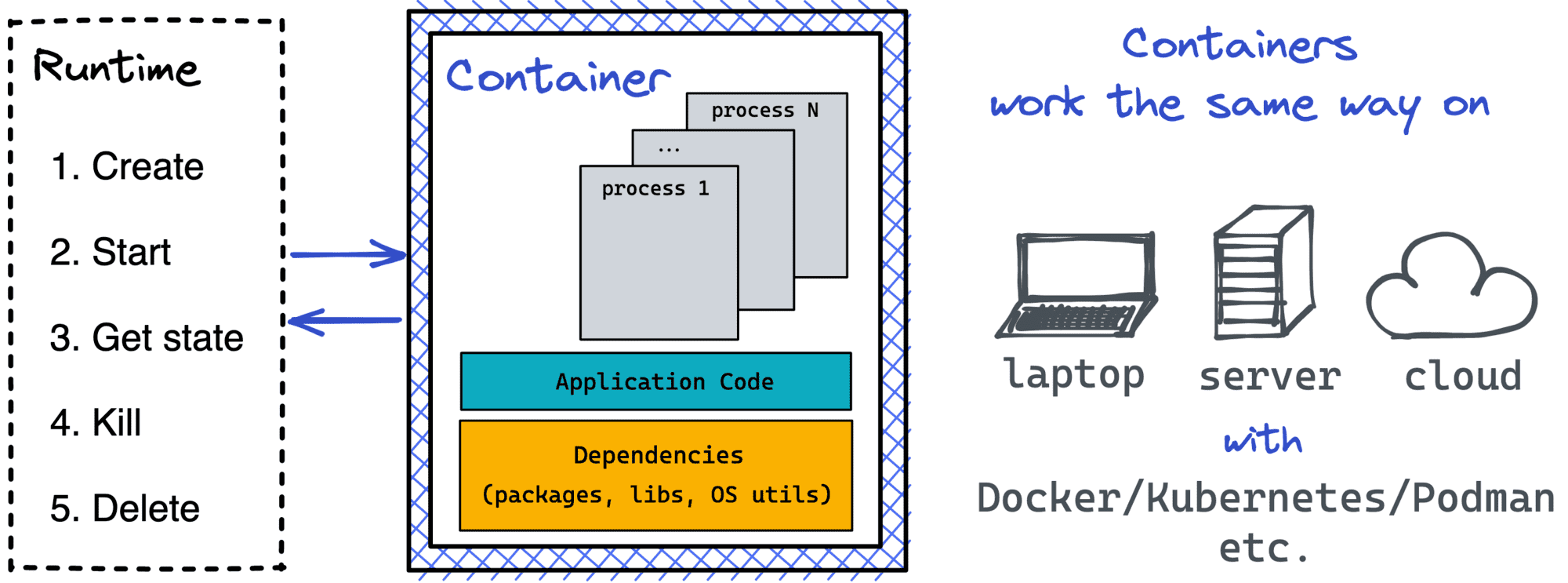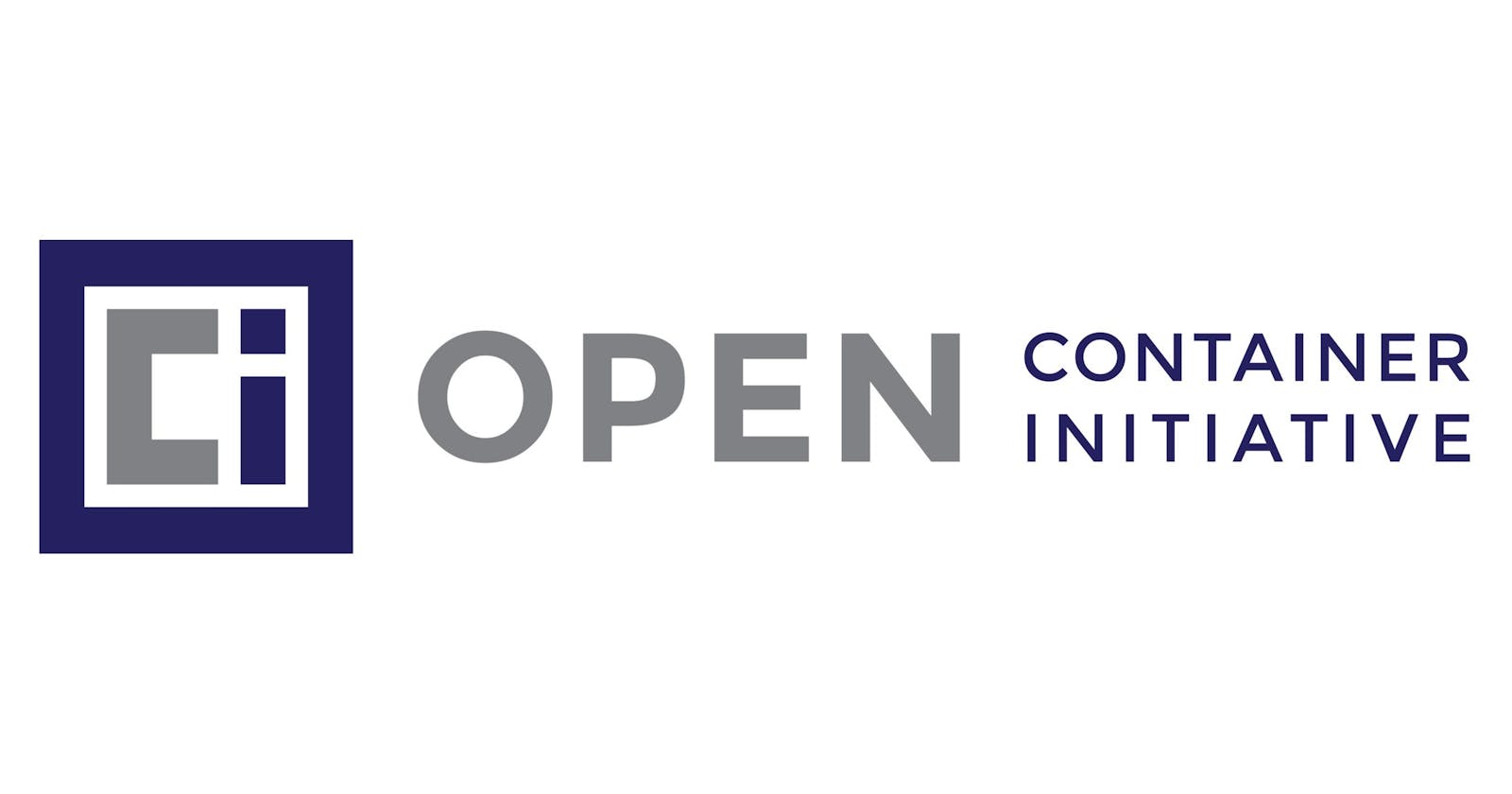Containerization Made Easy: The Open Container Initiative Explained
How OCI Ensures Portability and Interoperability for Your Containers, with a Funny Look at Docker Examples
Introduction

Oh, hi there! Are you ready for a funny and informative dive into the world of containers and the Open Container Initiative (OCI)? Great, let's get started!
First, let's talk about Docker. No, not the sturdy, waterproof container you might use to store your valuables, but the containerization platform that revolutionized the way we build, ship, and runs applications. Docker allows you to package your application code, dependencies, and configuration into a single container that can run anywhere, making it easier to deploy and scale your application.
But Docker isn't the only container platform out there. There are plenty of other options, each with its strengths and weaknesses. That's where the Open Container Initiative comes in.
The Open Container Initiative, or OCI for short, is a collaborative effort by industry leaders to establish a set of open standards for container formats and runtimes. The goal is to ensure that containers are portable and interoperable across different platforms, making it easier for developers to adopt and use containers in their projects.

Think of OCI as a referee, ensuring that all containers play by the same rules. With OCI, you can be confident that your container will run the same way on any OCI-compliant platform, whether it's Docker, Kubernetes, or something else entirely.
To give you an idea of how this works in practice, let's take a look at a few examples. Imagine you're a developer building a new web application. You decide to use Docker to package your application and its dependencies into a container. You build the container, test it locally, and then push it to a Docker registry.
Now imagine that your company decides to switch to a different container platform, like Kubernetes. With OCI, you can rest assured that your Docker container will run just as smoothly on Kubernetes as it did on Docker. You won't have to spend time tweaking and optimizing your container for the new platform, because the OCI standards ensure that all containers are compatible.
Or, let's say you're a systems administrator responsible for managing a large fleet of containers. You use a container orchestration tool like Docker Swarm to deploy and manage your containers. But then you decide to switch to a different tool, like Nomad. With OCI, you can easily migrate your containers from Docker Swarm to Nomad without any compatibility issues.
Conclusion
In short, the Open Container Initiative is all about making life easier for developers and system administrators by establishing a set of open standards for container formats and runtimes. So the next time you're building a containerized application, think of OCI and rest assured that your container will play nicely with any platform you choose.
